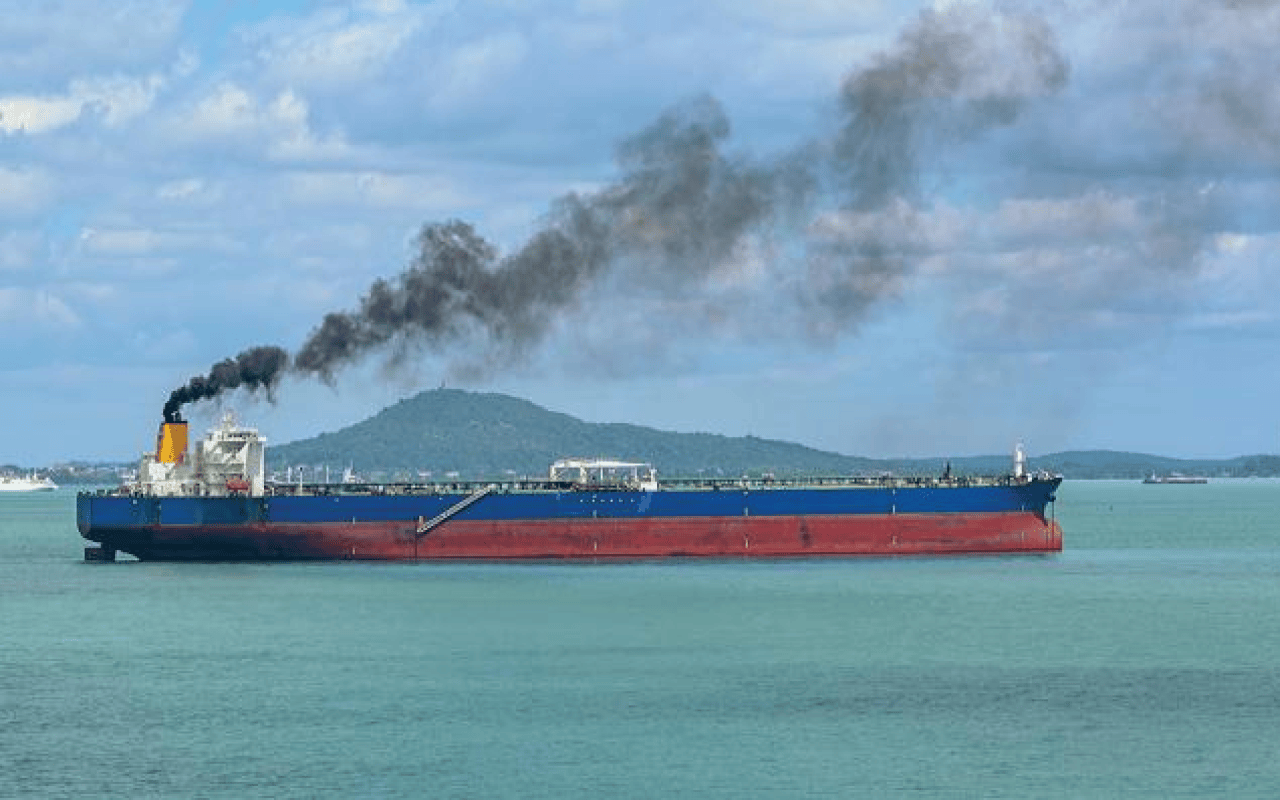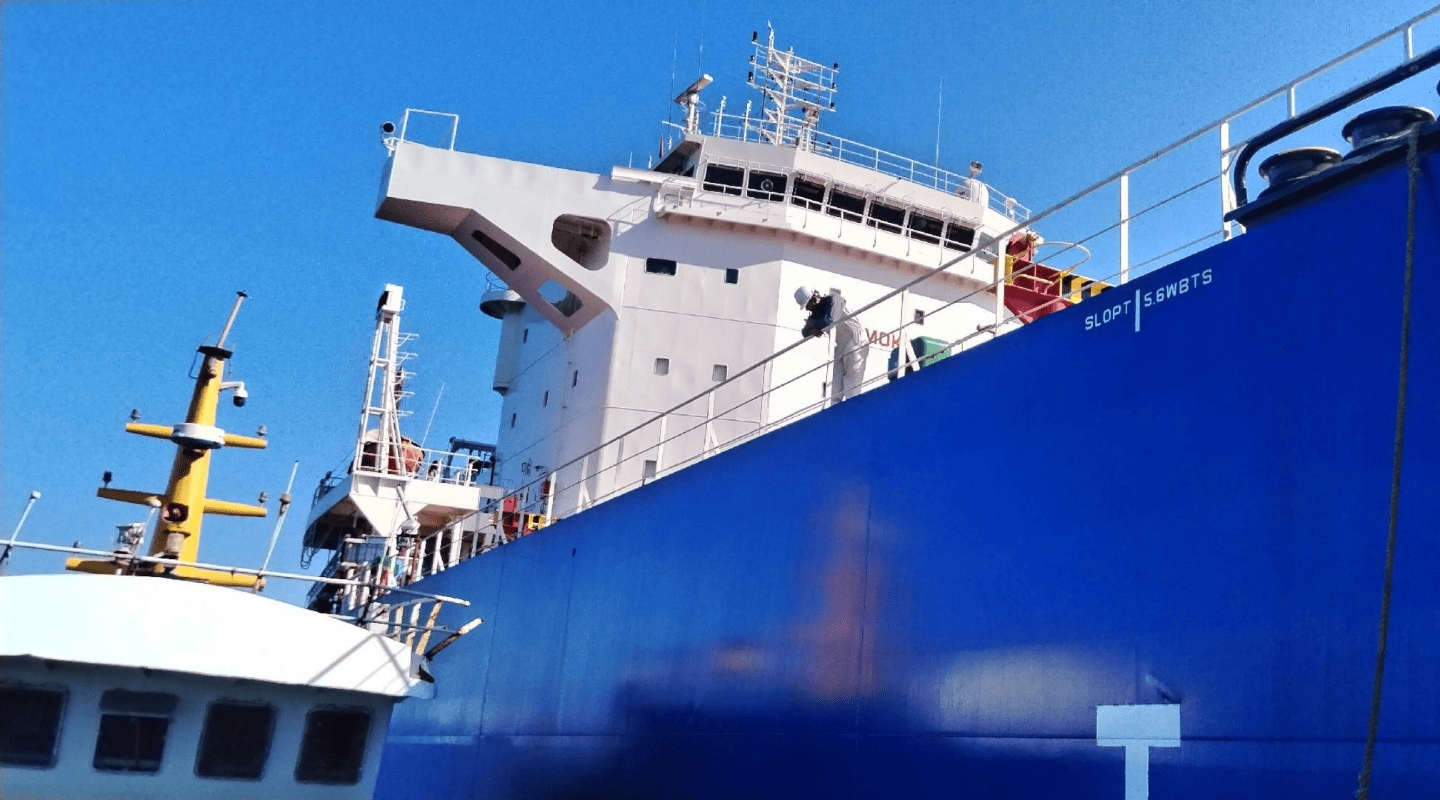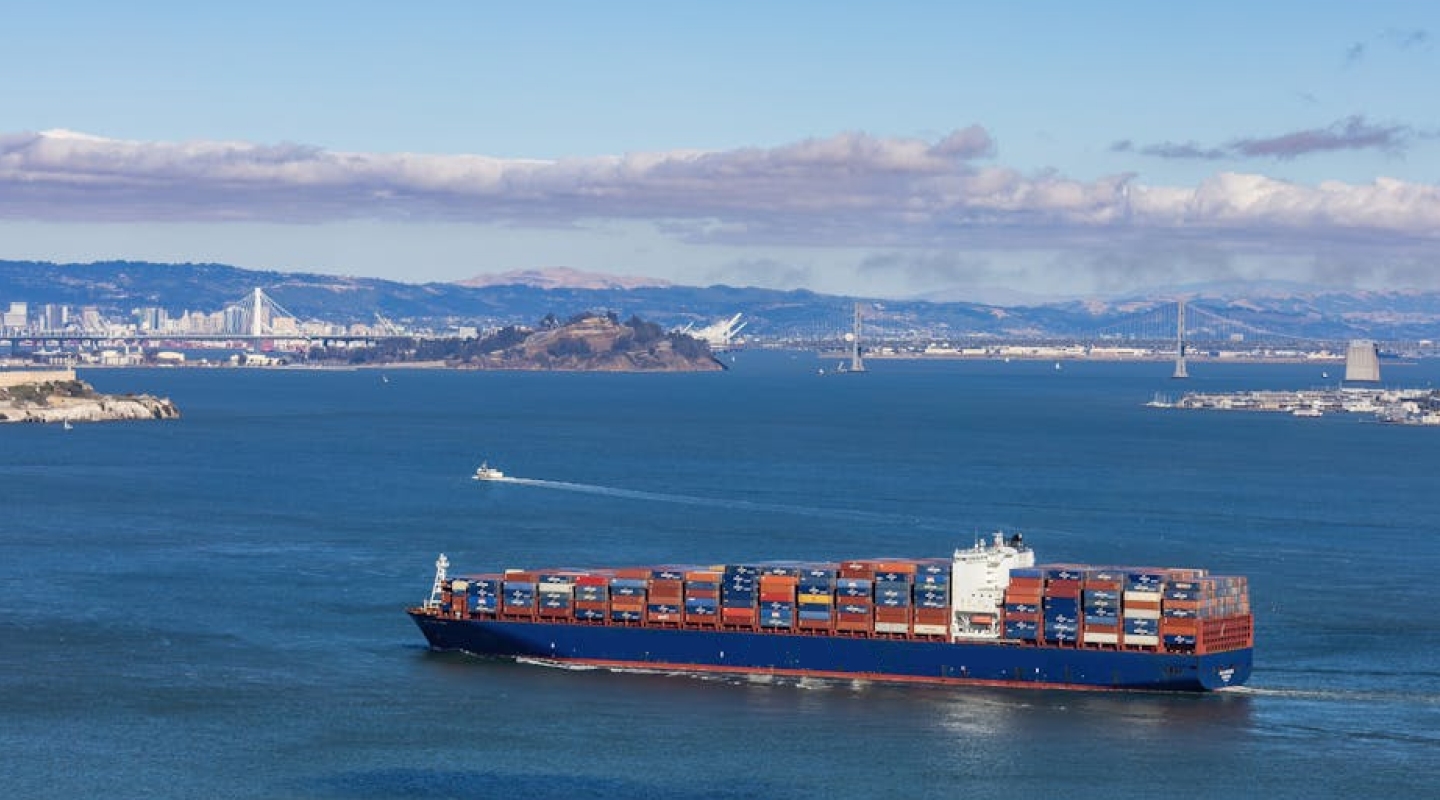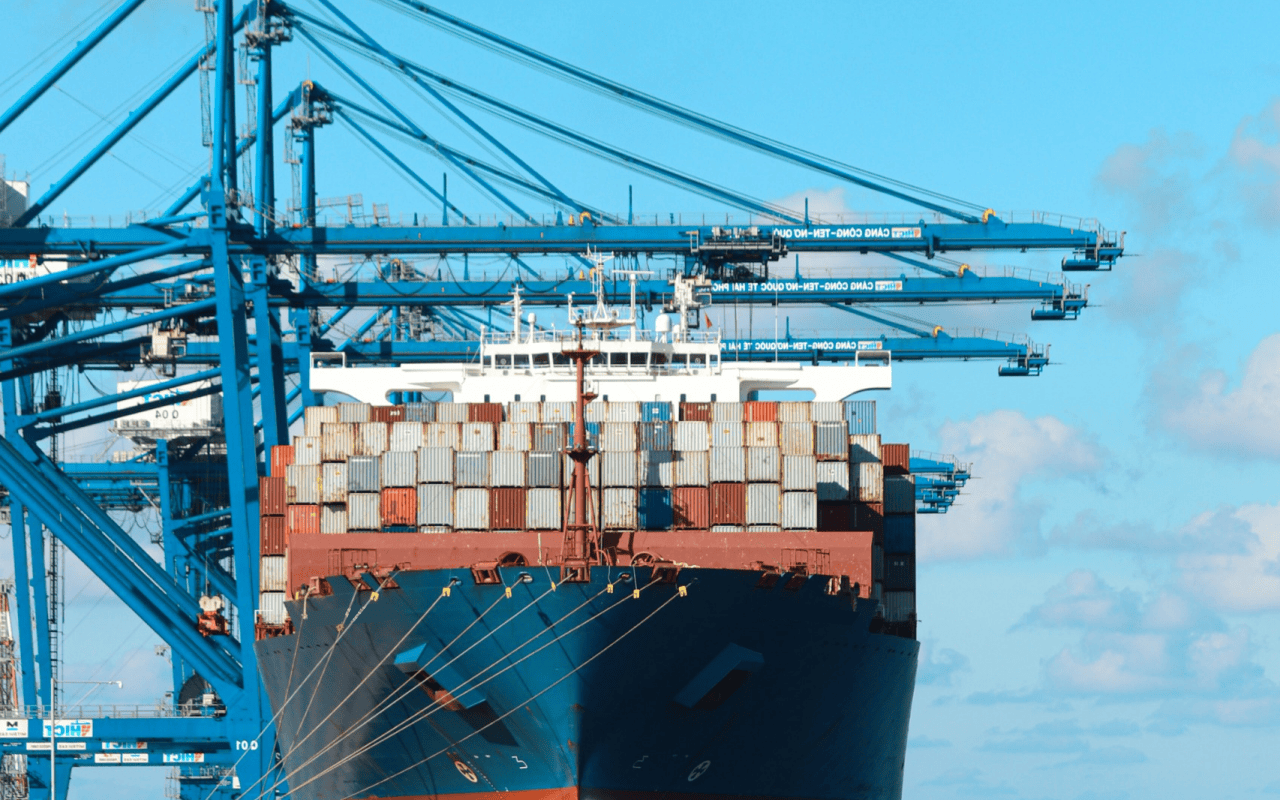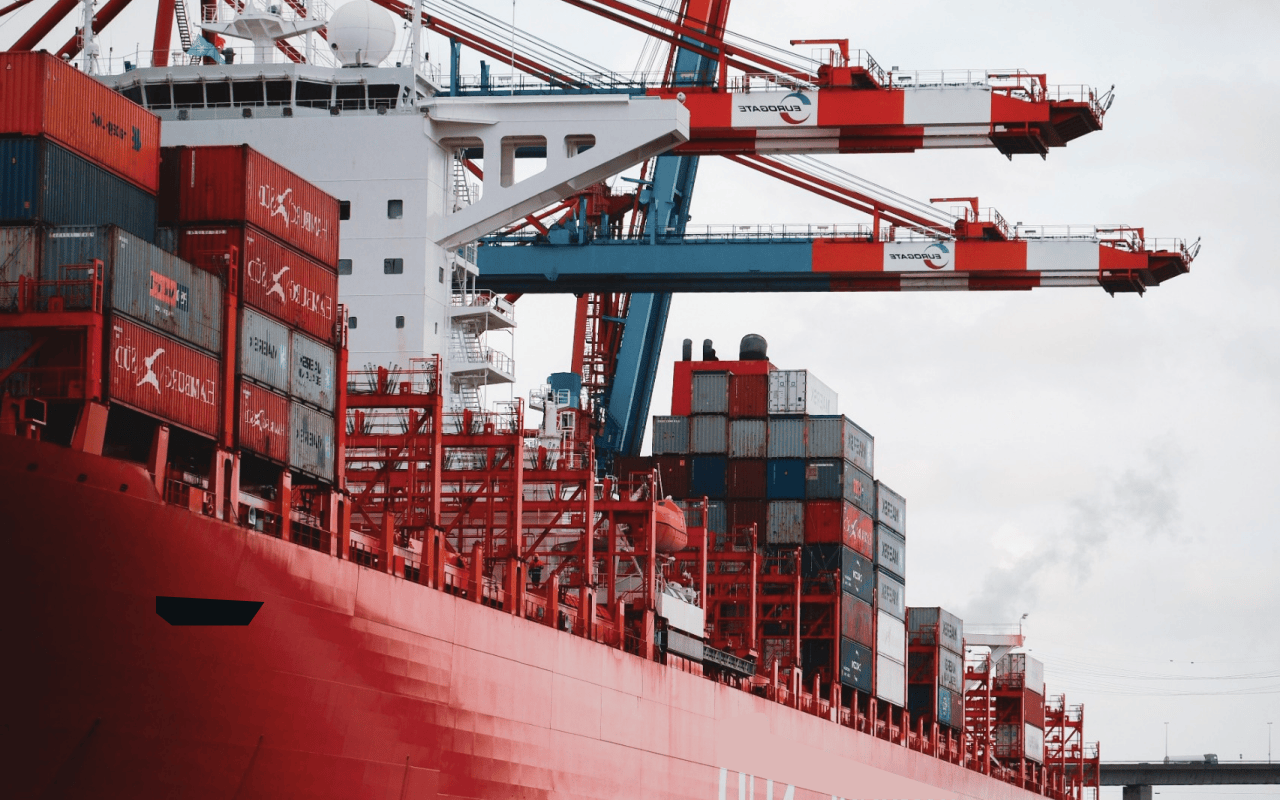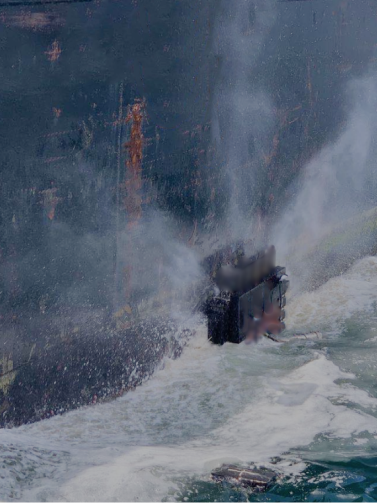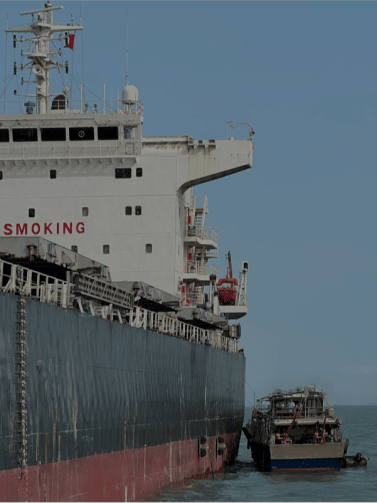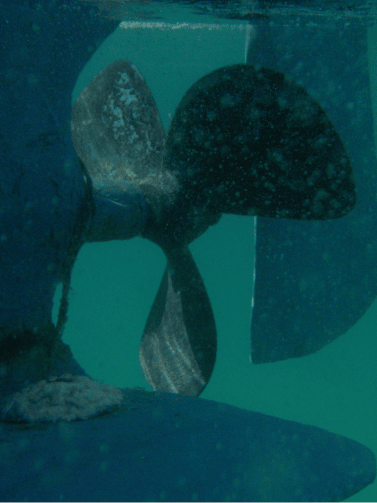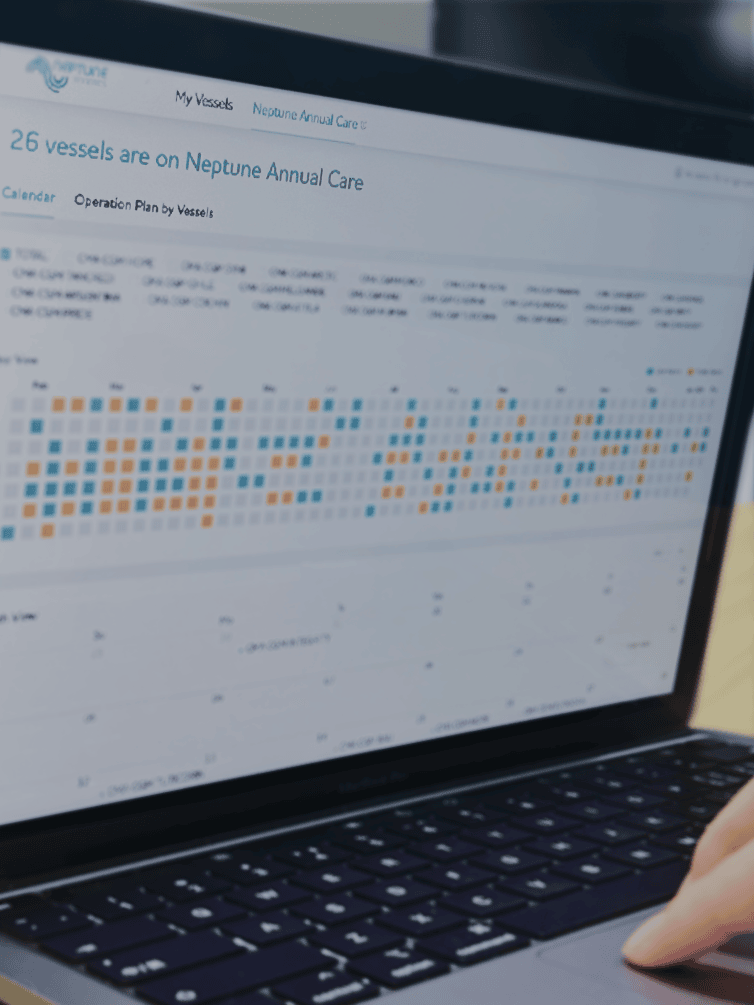When should the global shipping industry achieve zero emissions?
This topic, filled with political struggles and economic games from various parties, has received new attention at the 80th meeting of the Marine Environment Protection Committee (MEPC 80) of the International Maritime Organization (IMO).
On July 7th, IMO presented in its 2023 emissions reduction strategy that, taking into account different national situations, the global shipping industry is expected to achieve net-zero greenhouse gas emissions around 2050.
Clearly, compared to the initial goal in the strategy of “gradually eliminating emissions within this century,” IMO is taking bigger and faster steps toward decarbonization in shipping. This suggests that short, medium, and long-term measures for decarbonizing ships may be adjusted in a more aggressive direction.
Global shipping companies, forced into the fast lane of environmental decarbonization, will face even greater pressure and challenges. At the same time, new challenges and opportunities are emerging in the industry.
01-Urgency of Decarbonization
Pressure from European and American Markets and Capital
As decarbonization goals become more urgent, shipping companies face increasing pressure from all sides. Companies that fail to achieve qualifying carbon reductions will significantly weaken their competitiveness in the market.
Last month, U.S. Senators proposed the “Maritime Pollution Liability Act,” which is similar to the EU’s Fuel Maritime initiative, aiming to tax and restrict carbon-based fuels used by arriving ships to reduce carbon emissions at their domestic ports.
Meanwhile, the market and capital are pushing for the green transformation of the shipping industry. Many major shippers have set more aggressive decarbonization goals than the shipping industry itself. Shipping companies with lower levels of low green and low carbon are being excluded from their partnership lists.
The role played by financial institutions is even more evident. Environmental factors have become a priority condition for shipping companies to obtain new loans. In the future, more high-pollution, high-emission shipping companies may face capital sanctions.
02-Market Freight Rates Lagging Behind Costs
Shipowners: Where Does the Money for Decarbonization Come From?
Faced with various decarbonization pressures and driving forces, shipping companies have started to build new environmentally-friendly ships, retrofit existing vessels, or change routes, reduce cargo, and adopt new energy sources over the past two years. The cost expenditures incurred by these measures have significantly reduced the industry’s short-term profits.
Combined with inflation, rising fuel and labor costs, and the current “very, very low” spot freight rates, shipping companies are feeling increasing financial pain in fleet decarbonization and operations.
The consolidation market is currently very unstable, and we are facing high demurrage and detention fees, operating costs, and other expenses related to container storage and transshipment.
—Aaron Callahan, Owner of a U.S. container trading company
According to Seatrade-maritime, because very few are willing to pay an additional green premium, some shipowners have stated: “We may need $20 trillion, $30 trillion to decarbonize our industry, the question is where this money will come from, and we still don’t have a real answer.”
03-Can They Withstand the High Pressure of Decarbonization?
Depends on Competitiveness and Viability
In this wave of green environmental protection in the shipping industry, a shipping company’s level of carbon reduction directly affects its competitiveness and even its viability. Companies that actively explore decarbonization paths and continue to reduce carbon emissions from their ships will be better able to withstand the pressure and outperform the market.
Due to reasons such as retrofitting periods and costs, alternative fuels, and technological improvements are not readily available solutions. IMO’s technical analyst Minglee Hoe believes that hull cleaning will be an important measure for decarbonizing fleets.
As technology advances, shipowners and lessees are more inclined to choose underwater robotic hull cleaning services: no need for dry docks, they can clean the hull while the ship is anchored or docked.
Neptune robot ship inspection and cleaning service, breaking through the limitations of water conditions, weather, and time, thoroughly removes hull dirt without damaging the ship’s paint. Through hull inspection data and image, also with an intelligent online platform, it helps shipowners manage their fleets more conveniently.
Neptune’s operations cover ports and anchorages in North China, East China, and South China, and they have already served hundreds of large vessels. Each year, they save millions of dollars in fuel costs for shipping operators, including the world’s top five shipowners, earning high praise from customers.”
